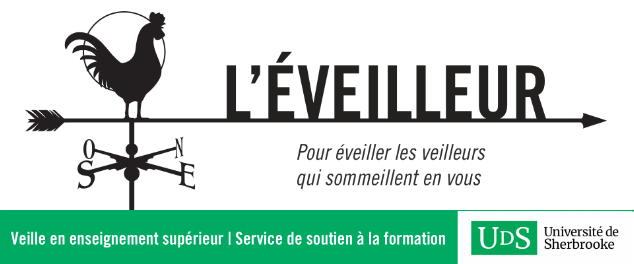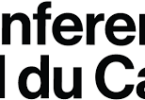En préparant une entrevue, je suis tombé un peu par hasard sur Digital Humanities Pedagogy: Practices, Principles and Politics, un livre gratuit en ligne édité par Brett D. Hirsch et publié chez OpenBook Publishers fin 2012. Comme son titre l’indique, il porte sur les conséquences pédagogiques du mouvement des digital humanities (DH). Si ce mouvement a des impacts assez clairs en recherche (interdisciplinarité, taille des corpus, diffusion), ses impacts sur l’enseignement me semblent avoir été peu étudiés. L’ouvrage semble très bien fait [je n’ai lu que l’introduction pour le moment] et vient combler une lacune importante si cette tendance veut s’imposer dans le monde universitaire.
Voici ce qu’en dit le quatrième de couverture:
Academic institutions are starting to recognize the growing public interest in digital humanities research, and there is an increasing demand from students for formal training in its methods. Despite the pressure on practitioners to develop innovative courses, scholarship in this area has tended to focus on research methods, theories and results rather than critical pedagogy and the actual practice of teaching. The essays in this collection offer a timely intervention in digital humanities scholarship, bringing together established and emerging scholars from a variety of humanities disciplines across the world. The first section offers views on the practical realities of teaching digital humanities at undergraduate and graduate levels, presenting case studies and snapshots of the authors’ experiences alongside models for future courses and reflections on pedagogical successes and failures. The next section proposes strategies for teaching foundational digital humanities methods across a variety of scholarly disciplines, and the book concludes with wider debates about the place of digital humanities in the academy, from the field’s cultural assumptions and social obligations to its political visions. Digital Humanities Pedagogy broadens the ways in which both scholars and practitioners can think about this emerging discipline, ensuring its ongoing development, vitality and long-term sustainability.
En 448 pages, les 16 essais – forcément inégaux, d’après certains critiques – couvrent tant les premières tentatives pour bâtir des programmes de sciences humaines numériques (notamment le Ph. D. du King’s College de Londres dès 2005), l’opportunité de professionnaliser les étudiants qu’offrent les DH, le besoin de ne pas se limiter à l’enseignement de notions techniques, les transformations qu’apportent les DH à l’archivage, la recherche d’information, la rédaction, la publication, etc. Un aspect intéressant est que, par jeu de miroirs, les DH renvoient les sciences humaines à ce qu’elles sont vraiment ou cherchent à être…
Voici un aperçu de la table des matières:
I.Practices
-
The PhD in Digital Humanities
-
Hands-On Teaching Digital Humanities: A Didactic Analysis of a Summer School Course on Digital Editing
-
Teaching Digital Skills in an Archives and Public History Curriculum
4 Digital Humanities and the First-Year Writing Course5.Teaching Digital Humanities through Digital Cultural Mapping6.Looking for Whitman: A Multi-Campus Experiment in Digital Pedagogy7.Acculturation and the Digital Humanities CommunityII.Principles8.Teaching Skills or Teaching Methodology?9.Programming with Humanists: Reflections on Raising an Army of Hacker-Scholars in the Digital Humanities10.Teaching Computer-Assisted Text Analysis: Approaches to Learning New Methodologies11.Pedagogical Principles of Digital Historiography12.Nomadic Archives: Remix and the Drift to PraxisIII.Politics13.They Have Come, Why Won’t We Build It? On the Digital Future of the Humanities14.Opening up Digital Humanities Education15.Multiliteracies in the Undergraduate Digital Humanities Curriculum: Skills, Principles, and Habits of Mind16.Teaching Digital Rhetoric: Wikipedia, Collaboration, and the Politics of Free Knowledge






